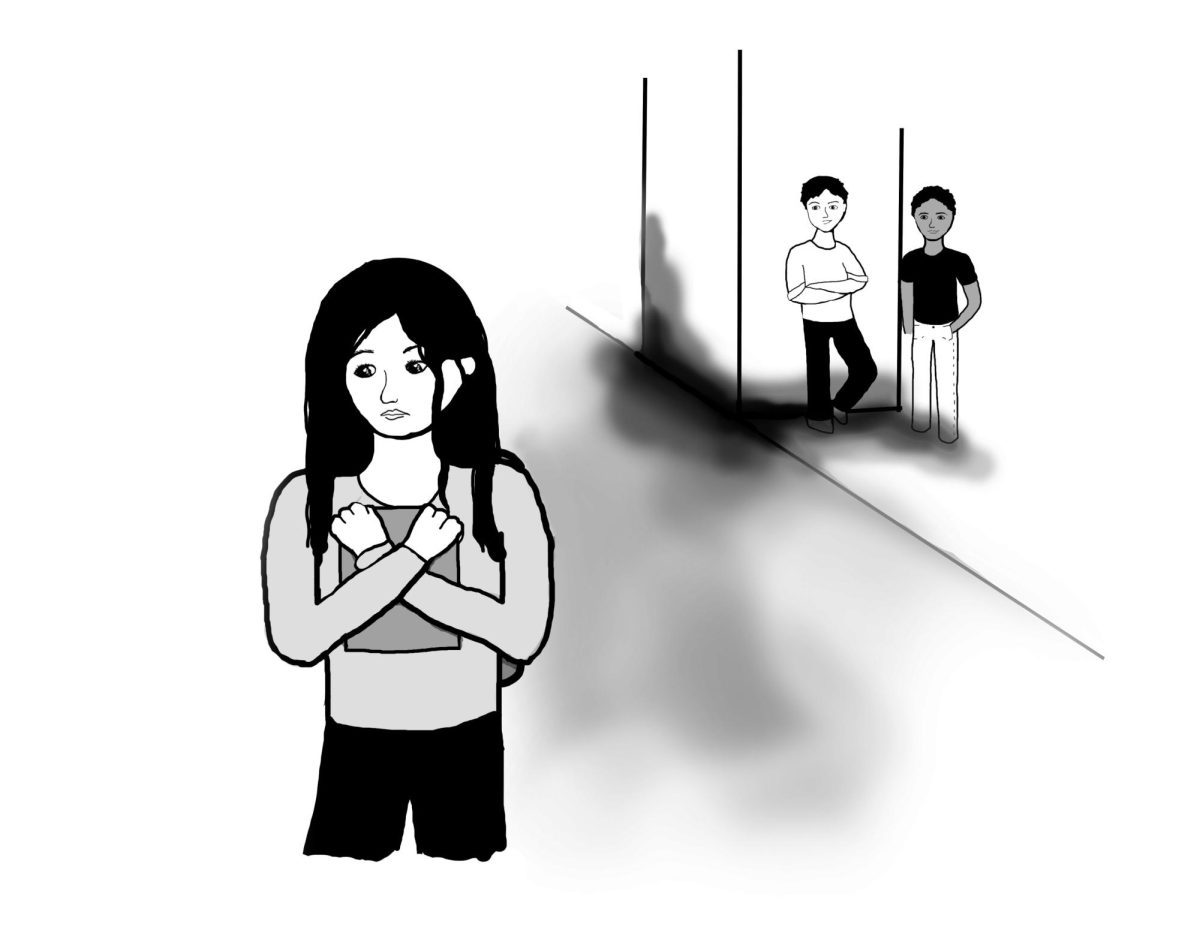
“The people who smoke on campus can basically be divided up between Betas and hipsters,” senior Beta Theta Pi member Joe Gustav jokingly remarked.
Now wait, hold on. This is not another typical article about smoking on Whitman campus. Too often over the years you’ve opened these middle pages to find the same article drawing false lines and division between smokers and non-smokers on Whitman’s campus. Instead, investigation reveals that Whitman’s attitudes towards smoking and tobacco use are what its student body aims to be: diverse.
First, the adamant non-smoker.
“I think it’s stupid!” said junior Kate Pringle. “These are educated people; they were smart enough to get into Whitman: why smoke?”
Pringle’s protests against smokers on campus were passionately enumerated, and ranged from the proximity of trash cans to walking paths as well as the unattractiveness of the habit.
“It’s not just health reasons, but it smells bad; I have to hold my breath when I walk by the ashtray trash cans. But it’s the health reasons too. I see what it does to people when they smoke and I don’t want even a fraction of that to happen to me,” she said.
Yet somehow, and perhaps inexplicably, the attractiveness of smoking seems to proliferate as students progress through their years at Whitman. Pringle said that a couple of her friends had started just last year.
“I was shocked,” she said. “They all hid it too, like it was shameful. It seemed a rebellious thing.”
Senior Annabelle Bewicke, another non-smoker, agreed with Pringle’s reaction to new smokers.
“[It] seems they always feel guilty about it which almost makes it worse [and] makes me more uncomfortable that they have to sneak around us,” said Bewicke about her friends who smoke.
Yet Bewicke also observed that to her friends, smoking seemed like, “a nice little ritual . . . a social thing.”
Bewicke’s observations and personal experiences with tobacco use have caused her to develop a tolerant stance towards the use of others as well as a peculiar rationale for her own tobacco use. After seeing her grandmother die from emphysema and a lifetime of smoking, Bewicke refuses to smoke.
“It was a long and agonizing death and I was really close to her, so I’ve never smoked a cigarette because of that,” Bewicke said.
However, since winter break, Bewicke has begun chewing Camel Snus pouches, Copenhagen and Skoal Patches occasionally on the weekend. She rationalizes her inconsistent stance towards tobacco due to chew’s less personally scary health hazards, combined with her personal experience with it.
“I definitely see the hypocrisy when I [chew],” Bewicke said. “But the main thing that bothers me about cigarettes is the smell and the danger of lung disease. The main risk for chewing taobacco is gum disease, which I always figure you have to do a lot of it before you ever get into problems.”
It is this exact question of addiction that fills senior Russell Peaks* with indignant rage when he is negatively targeted for his smoking habit. Peaks began smoking when he was 16.
“My parents sadly condoned it because I had gotten in trouble smoking weed, and cigarettes are legal,” Peaks said.
Today, Peaks continues to smoke cigarettes.
“I’d like to quit, I’ve tried a couple of times, but I’m addicted,” he said. “And let me tell you, when I smoke 30 cigarettes in a day, I feel terrible about it; my body hurts.”
What Peaks most wanted to express was the unnecessary judgement and rudeness expressed by non-smokers who are intolerant to his addiction.
“[Smoking] is legal: people can’t say a thing to me about it,” he said. “Everyone who drives is giving off more toxic and worse fumes then cigarette smokers, so people who are against smokers should stop driving cars before they say anything to me.”
All parties interviewed agreed that there is an image related to their tobacco use that makes it appear especially attractive. Pringle insisted smoking was, “all about the image,” while Bewicke admitted that, “pretty much whenever I’m around Beta and I’m chewing I get a lot of props for it.”
Peaks also remembered the influence that his older brother had on his introduction into smoking.
“It had more to do with having a personal role model,” he said.
The diversity of attitudes towards smoking on campus seems to stem from people’s personal experiences. This realization has changed many students’ attitudes towards users and nonusers alike from a position of judgment to one of tolerance. For Bewicke, her own addiction to caffeine has softened her stance on the smoking habits of others.
“I’m fairly understanding towards addiction,” she said. “I’m more judgemental of people who start smoking because it seems more of their choice.”
For Peaks, the memory of his own pathway towards addiction will be the motivation for him to finally quit.
“When I have to become a role model, that will be the point I have to quit, whatever that means,” he said.
Editor’s Note: Russell Peaks is a pseudonym used to protect the interviewee’s identity.













